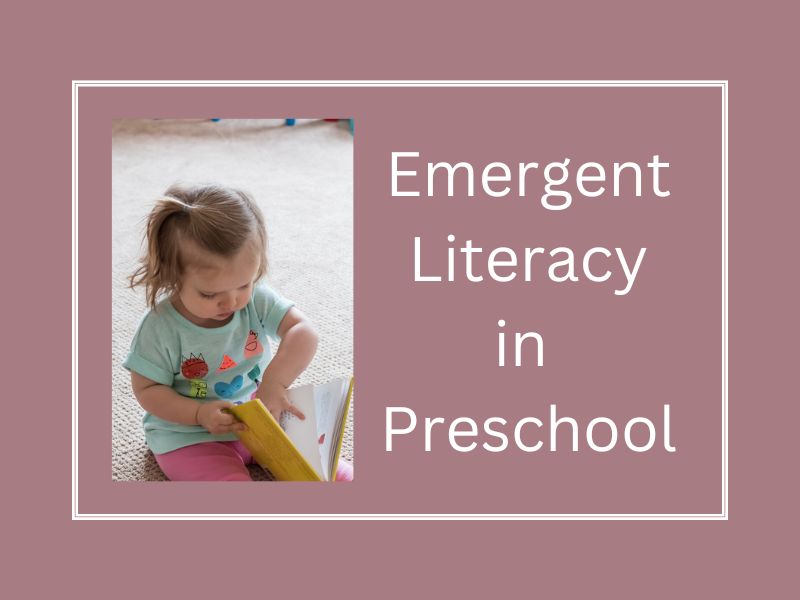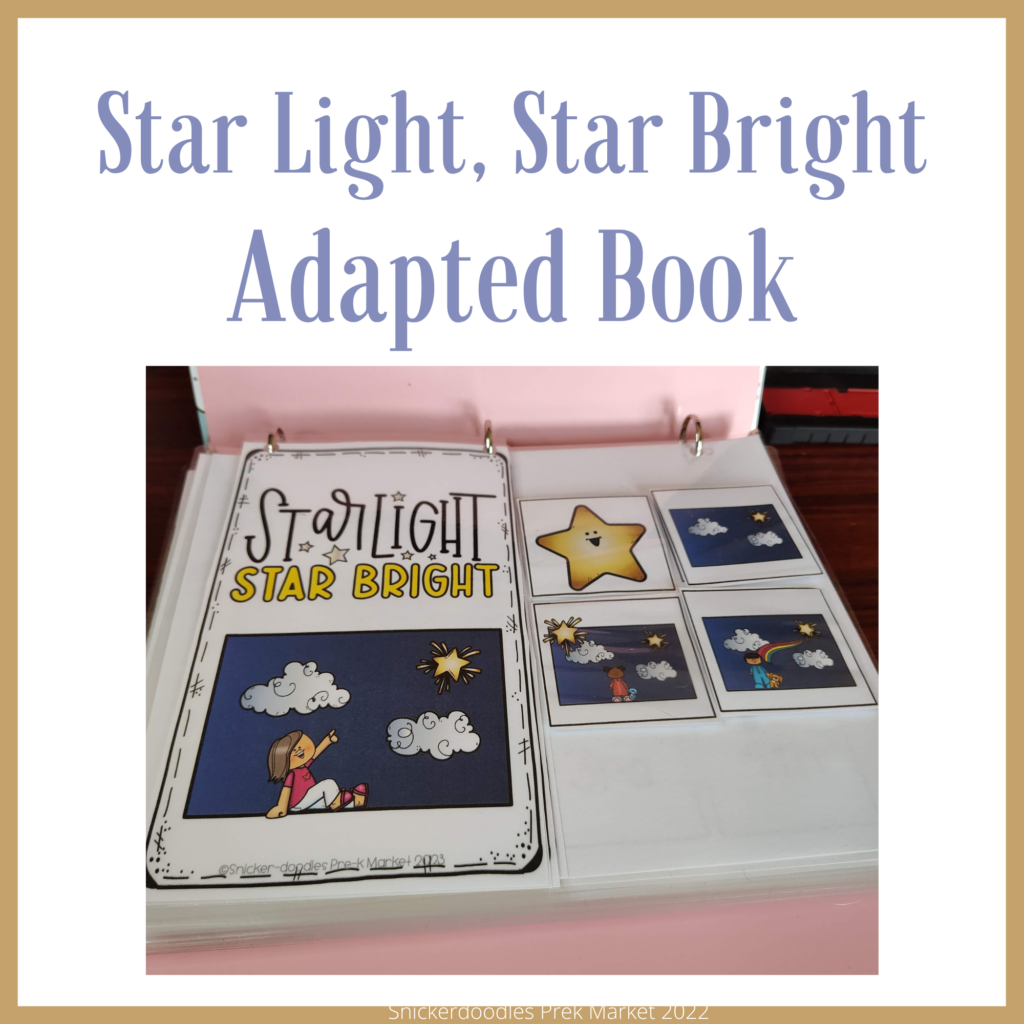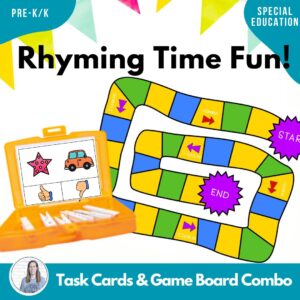Play is a powerful tool for promoting emergent literacy skills in children. It allows them to explore language, experiment with sounds and words, and engage in imaginative storytelling. Play-based activities help children practice emergent literacy skills in a fun and interactive way, fostering a love of learning and creativity.
Imaginative play, such as role-playing, storytelling, and pretend play, can enhance children’s language development and communication skills. Children can create narratives, express their ideas, and engage in rich language interactions through imaginative play. Caregivers can support emergent literacy through play by providing props, encouraging storytelling, and participating in creative play scenarios with children.
Games and activities involving letters, words, and sounds can also support emergent literacy development. Board games, puzzles, and word-building activities help children practice phonological awareness, letter recognition, and vocabulary skills. By incorporating literacy-related games into playtime, caregivers can make learning enjoyable and engaging for children while reinforcing emergent literacy skills.
Outdoor play and exploration can further enhance emergent literacy development. Children can encounter print in the environment through nature walks, scavenger hunts, and outdoor activities. This exposure allows them to engage in conversations and expand their vocabulary, applying emergent literacy skills in real-world contexts, which fosters a holistic approach to literacy development.
Reading is a fundamental skill that opens up a world of opportunities, and it all begins with emergent literacy – the skills and knowledge children develop before they formally start reading. This article delves into the importance of emergent literacy and how it shapes a child’s reading success.
Emergent literacy encompasses a range of skills, including phonological awareness, vocabulary development, print knowledge, and oral language skills. These early building blocks are crucial for children to become proficient readers later in life.
By understanding the power of emergent literacy, parents, educators, and caregivers can provide the necessary support and guidance to lay a strong foundation for reading success. We’ll explore practical strategies and activities to foster emergent literacy skills in children, whether at home or in the classroom.
What is emergent literacy?
Emergent literacy refers to the foundational skills and knowledge children acquire before learning to read and write formally. It encompasses many abilities that serve as building blocks for future reading success. These include phonological awareness, vocabulary development, print knowledge, and oral language skills. By nurturing emergent literacy, caregivers and educators can set children on a path toward becoming proficient readers.
Emergent literacy is not about teaching children to read early but providing them with rich experiences supporting their language development and exposure to literacy-related activities. It is about creating a literacy-rich environment where children can explore, play, and engage with language meaningfully. Understanding the components of emergent literacy is crucial for laying a solid foundation for reading success.
Emergent literacy plays a vital role in preparing children for formal reading instruction. It sets the stage for developing crucial reading skills such as decoding, comprehension, and fluency. Parents and educators can empower children to become confident and enthusiastic readers who enjoy a lifelong love of learning by focusing on emergent literacy.
The importance of emergent literacy in reading development
Emergent literacy is a critical predictor of later reading success. Research has shown that children who enter school with strong emergent literacy skills are more likely to become proficient readers. By fostering emergent literacy, caregivers and educators can help children bridge the gap between spoken and written language, laying a solid foundation for future academic achievement.
Early exposure to books, stories, and language-rich environments can significantly impact a child’s emergent literacy development. By engaging children in conversations, reading aloud, and exposing them to a variety of print materials, caregivers can ignite a passion for reading and learning. Emphasizing emergent literacy from an early age can lead to improved language skills, enhanced vocabulary, and a deeper understanding of the written word.
Furthermore, emergent literacy serves as a tool for promoting cognitive development and critical thinking skills. Through activities that stimulate emergent literacy, children can enhance their problem-solving abilities, creativity, and overall cognitive growth. By recognizing the importance of emergent literacy, caregivers and educators can empower children to become active participants in their own learning journey.
Key components of emergent literacy
Emergent literacy comprises several key components that work together to support a child’s reading development. Phonological awareness, one of the foundational skills of emergent literacy, involves the ability to identify and manipulate the sounds of language. This skill is essential for decoding words and developing reading fluency.
Vocabulary development is another critical component of emergent literacy. Building a strong vocabulary enables children to comprehend and express themselves effectively. Caregivers can support vocabulary development by introducing new words, engaging in meaningful conversations, and providing opportunities for children to use language in various contexts.
Print knowledge, which includes understanding the conventions of print and how written language works, is also a key aspect of emergent literacy. Children develop print awareness by exploring books, understanding the concept of letters and words, and recognizing print in their environment. By fostering print awareness, caregivers can help children make connections between spoken and written language.
Supporting emergent literacy at home
Parents play a crucial role in supporting their child’s emergent literacy development at home. By creating a literacy-rich environment, parents can cultivate a love of reading and learning in their children. Simple activities such as reading aloud, singing songs, and playing word games can enhance emergent literacy skills and promote language development.
Additionaly setting aside dedicated time for reading and storytelling can also have a profound impact on a child’s emergent literacy. By making reading a part of daily routines, parents can instill a love for books and create positive associations with reading. Additionally, involving children in everyday literacy activities, such as writing shopping lists or labeling household items, can reinforce emergent literacy skills in a meaningful way.
Parents can also leverage technology to support emergent literacy. Educational apps, audiobooks, and interactive e-books can provide children with engaging opportunities to practice emergent literacy skills and explore the world of language and literacy in a digital format. By integrating technology into literacy activities, parents can create a dynamic learning environment that caters to their child’s interests and preferences.
Activities to promote emergent literacy skills
There are numerous activities that parents and educators can use to promote emergent literacy skills in children. Engaging in storytelling, either through reading books or creating oral stories, can help children develop listening skills, vocabulary, and comprehension. Encouraging children to retell stories or create their own narratives can further enhance their emergent literacy abilities.
Playing language games, such as rhyming games or word association activities, can also support emergent literacy development. These games help children practice phonological awareness, vocabulary, and word recognition in a fun and interactive way. By incorporating play into literacy activities, caregivers can make learning enjoyable and engaging for children.
Exploring environmental print, such as labels, signs, and packaging, can help children develop print awareness and letter recognition. Pointing out letters and words in everyday settings can enhance children’s understanding of print. By connecting print to real-life contexts, caregivers help children recognize the relevance of literacy in their daily lives.
Building vocabulary and oral language skills
Vocabulary development is a crucial aspect of emergent literacy that lays the foundation for reading comprehension and communication skills. Caregivers can support vocabulary growth by introducing new words in context, engaging children in meaningful conversations, and providing opportunities for language-rich interactions. By exposing children to a variety of words and concepts, caregivers can expand their vocabulary and enhance their language skills.
Oral language skills, including speaking and listening, are also essential components of emergent literacy. By engaging children in conversations, storytelling, and discussions, caregivers can help children develop strong oral communication skills. Encouraging children to express their thoughts, ideas, and emotions verbally can enhance their language development and foster effective communication abilities.
Reading aloud plays a significant role in building vocabulary and oral language skills. When caregivers read to children, they expose them to new words, sentence structures, and ideas. Additionally, discussing the story, asking questions, and encouraging children to make predictions can further enhance their comprehension and language skills. By making reading an interactive and engaging experience, caregivers can promote vocabulary development and oral language proficiency.
Phonological awareness and its role in emergent literacy
Phonological awareness is a critical skill that underpins emergent literacy and reading development. It involves the ability to recognize and manipulate the sounds of language, including rhymes, syllables, and individual sounds (phonemes). Phonological awareness is essential for decoding words, spelling, and developing reading fluency.
Caregivers can support phonological awareness development by engaging children in activities that focus on sound discrimination, such as identifying rhyming words or beginning sounds. Playing sound games, singing songs, and reciting nursery rhymes can help children tune into the sounds of language and develop their phonological awareness skills. By making phonological awareness activities fun and interactive, caregivers can enhance children’s ability to perceive and manipulate sounds in words.
Phonemic awareness, a more advanced form of phonological awareness, involves the ability to manipulate individual phonemes in words. Caregivers can support phonemic awareness by engaging children in activities that involve segmenting, blending, and manipulating sounds within words. By practicing phonemic awareness skills, children can develop strong phonological foundations that support their reading and spelling abilities.
Developing print awareness and letter recognition
Print awareness is a crucial component of emergent literacy that involves understanding how print works and the conventions of written language. Children develop print awareness by recognizing letters, words, and sentences in print materials such as books, signs, and labels. Caregivers can support print awareness by pointing out print in the environment, discussing how print is used, and encouraging children to interact with written materials.
Letter recognition is a key aspect of print awareness that involves identifying and naming letters of the alphabet. Caregivers can help children develop letter recognition skills by engaging them in activities that focus on letter identification, such as alphabet games, letter hunts, and letter sorting activities. By providing opportunities for children to practice recognizing letters in various contexts, caregivers can strengthen their print awareness and letter recognition abilities.
Understanding the relationship between spoken and written language is essential for developing print awareness. Children learn that spoken words can be represented by written symbols and that letters combine to form words. By fostering print awareness and letter recognition, caregivers can help children make connections between spoken and written language, setting the stage for reading success.
The role of play in emergent literacy
Play is a powerful tool for developing emergent literacy skills in children. Through play, children explore language, experiment with sounds, and engage in imaginative storytelling, fostering creativity and a love of learning.
Imaginative play, like role-playing and storytelling, enhances language development and communication skills. Caregivers can support this by providing props and participating in creative scenarios.
Literacy-related games, such as board games and puzzles, also promote skills like phonological awareness and vocabulary. Incorporating these into playtime makes learning enjoyable.
Outdoor play, through activities like nature walks and scavenger hunts, exposes children to print in their environment and encourages vocabulary expansion. It helps apply literacy skills in real-world contexts, fostering a comprehensive approach to literacy development. To maximize these experiences, check out this blog post about Playground: A Launchpad for Learning.
Conclusion: Nurturing emergent literacy for reading success
Emergent literacy plays a crucial role in shaping a child’s reading success and overall academic achievement. By focusing on the key components of emergent literacy, such as phonological awareness, vocabulary development, print awareness, and oral language skills, caregivers and educators can provide children with a strong foundation for reading proficiency.
Supporting emergent literacy at home through language development activities, play, and exploration fosters a love of reading and learning. Caregivers can engage children in storytelling and language games to build literacy skills in enjoyable ways.
Investing in emergent literacy prepares children for academic success and instills a lifelong passion for reading. By nurturing these skills early on, caregivers and educators empower children to become confident, enthusiastic readers, laying a strong foundation for lifelong literacy success.











